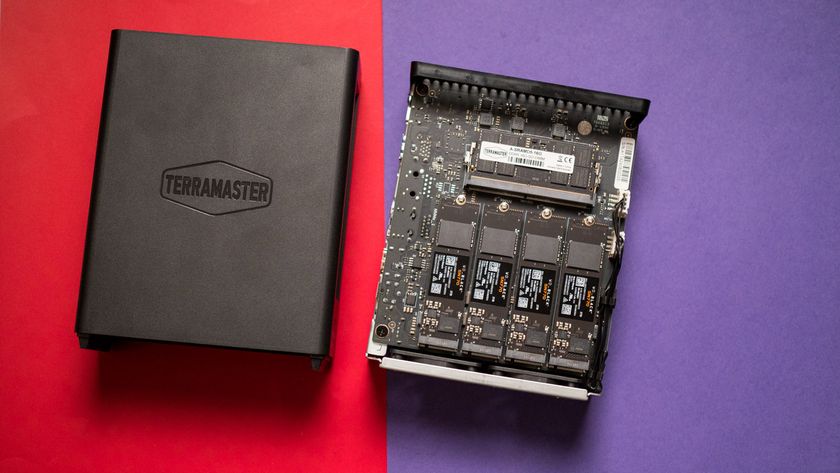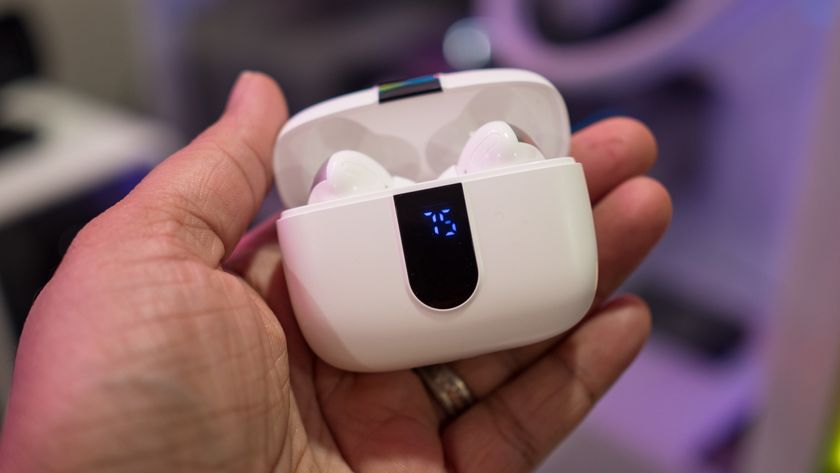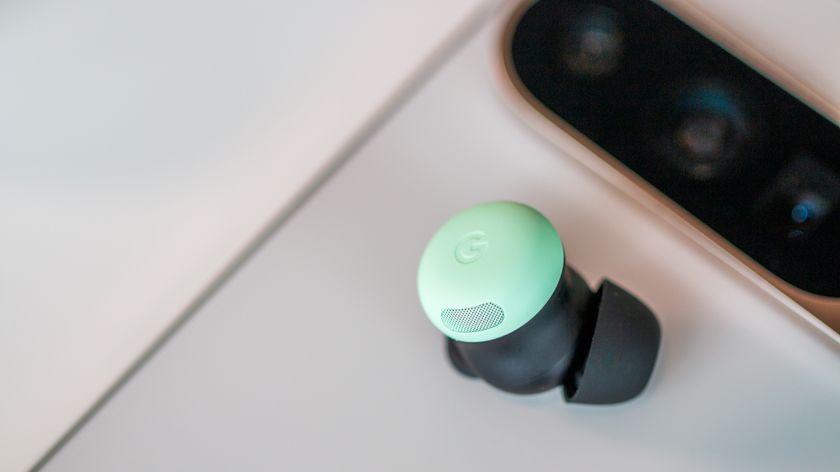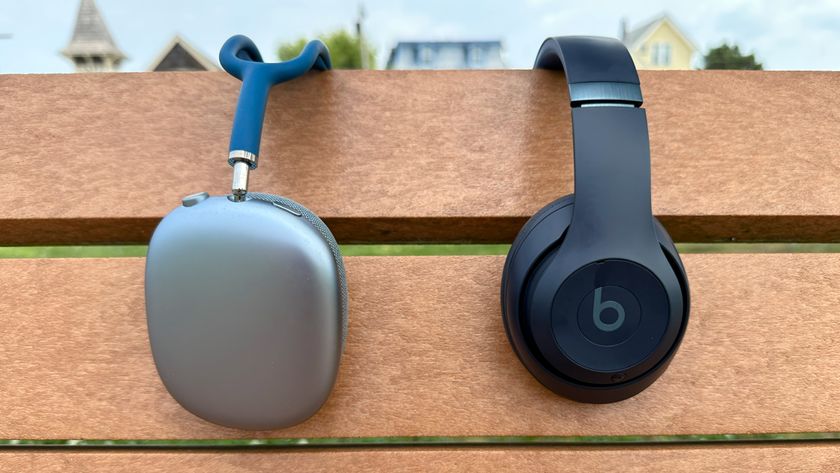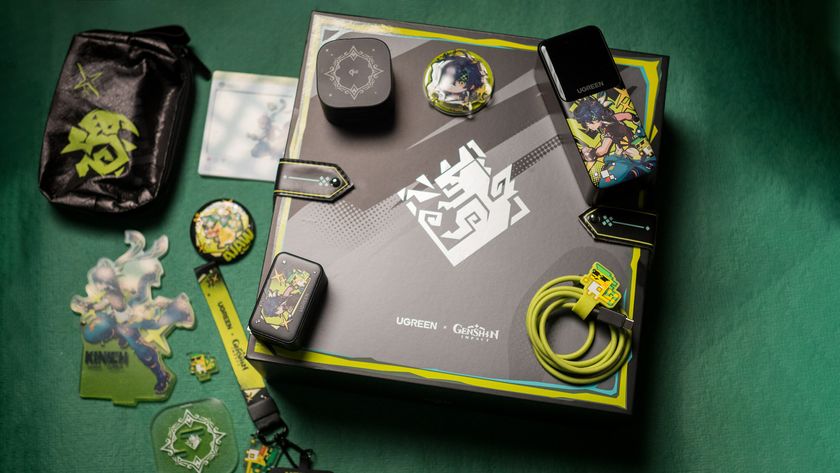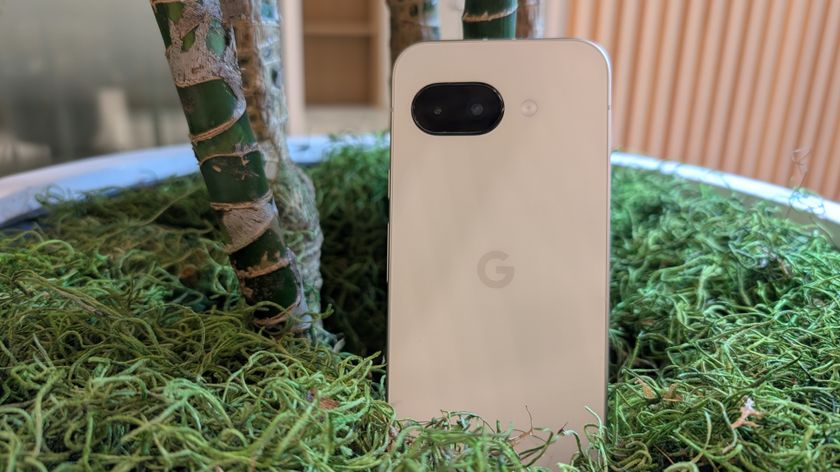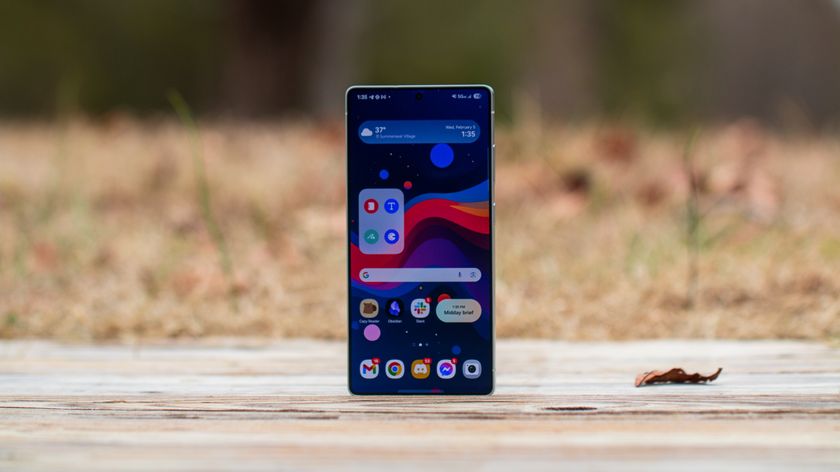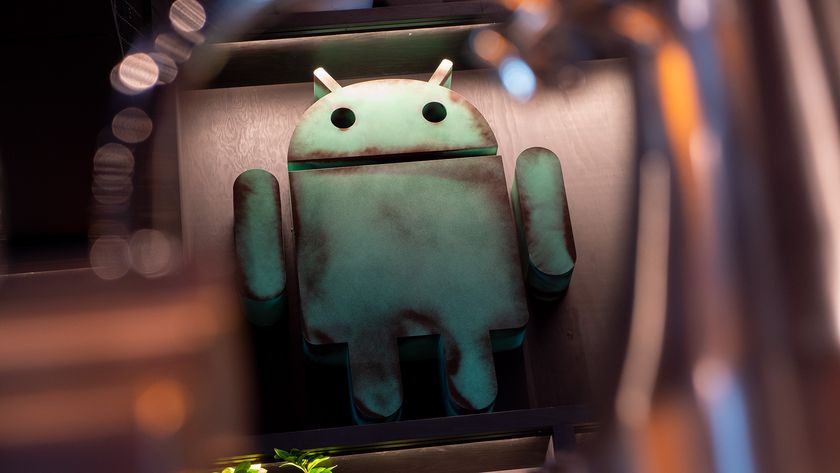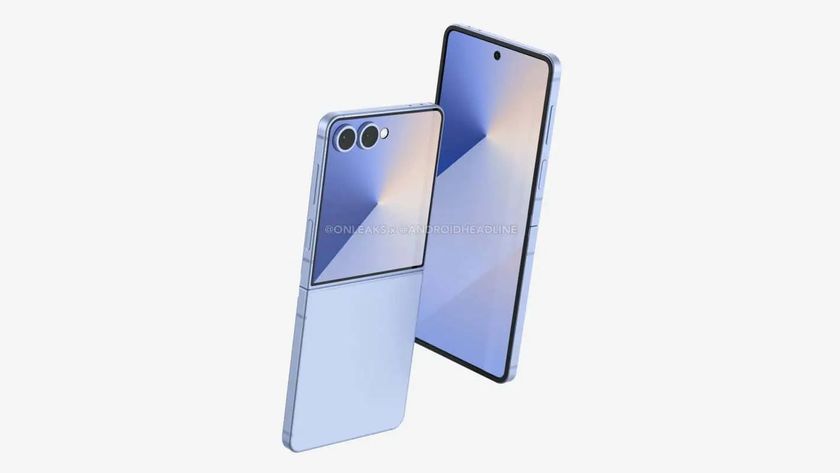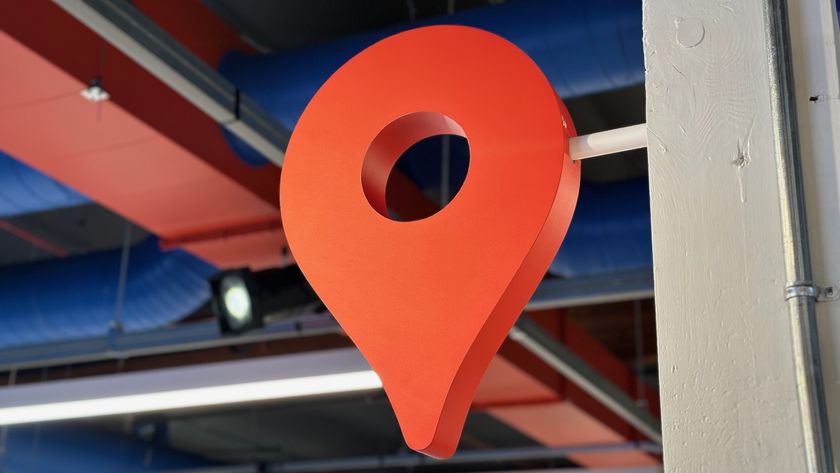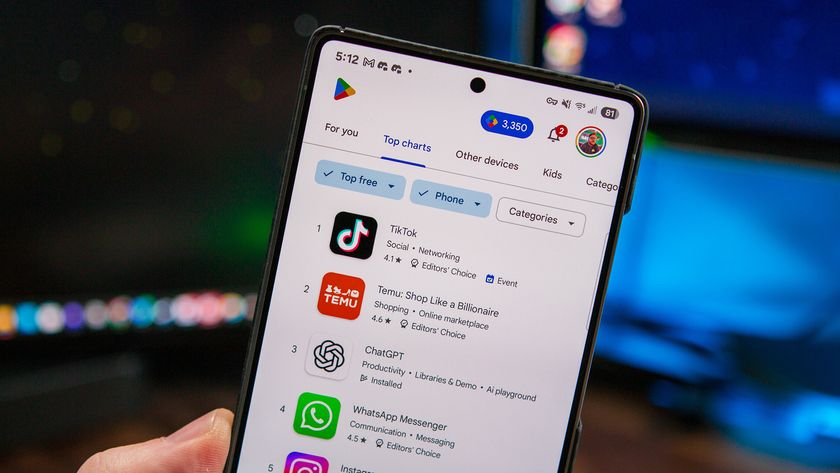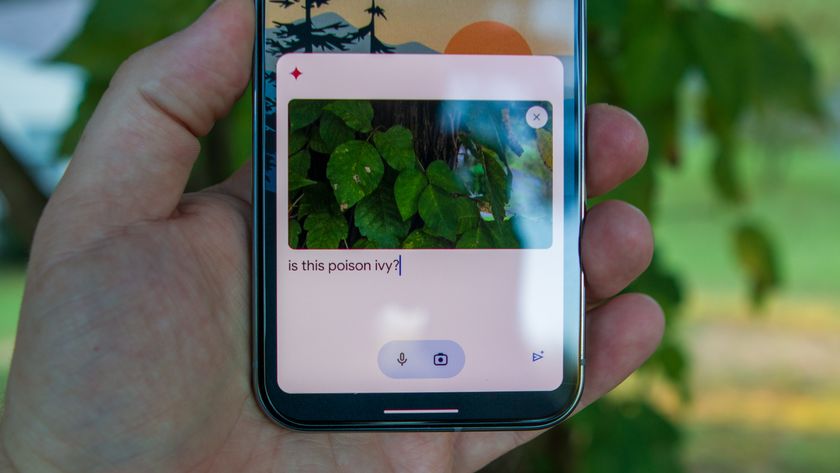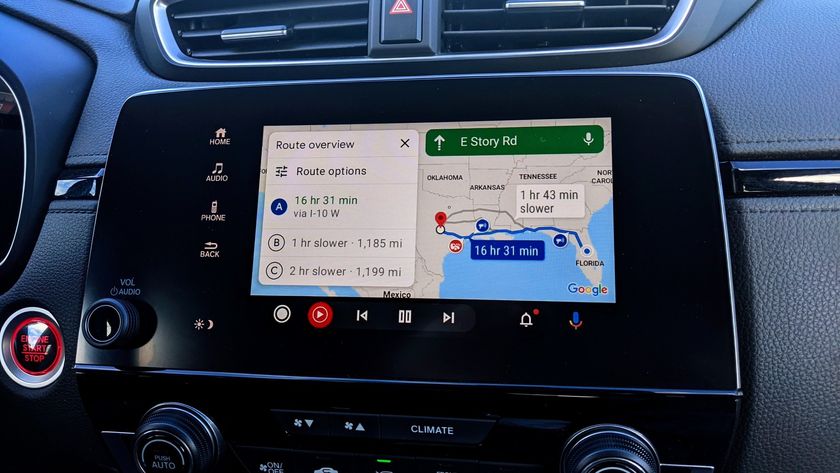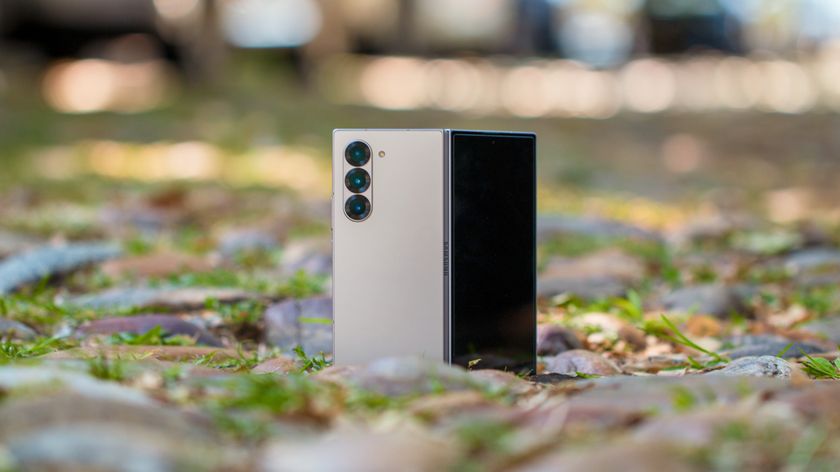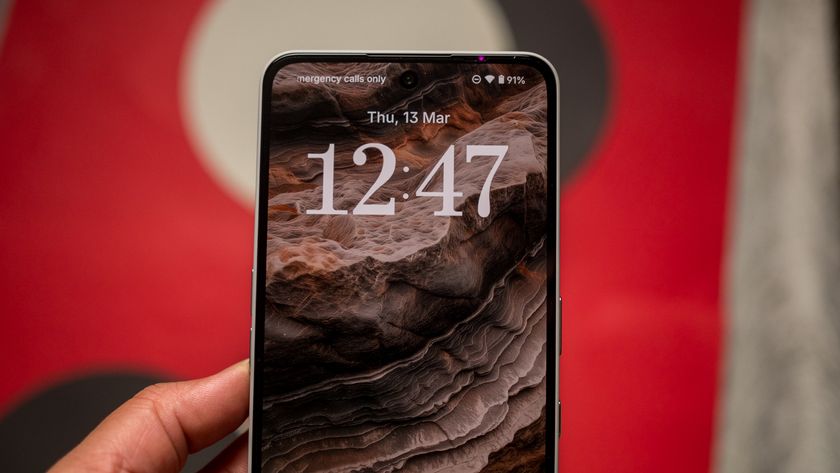This USB-C problem isn't going away anytime soon
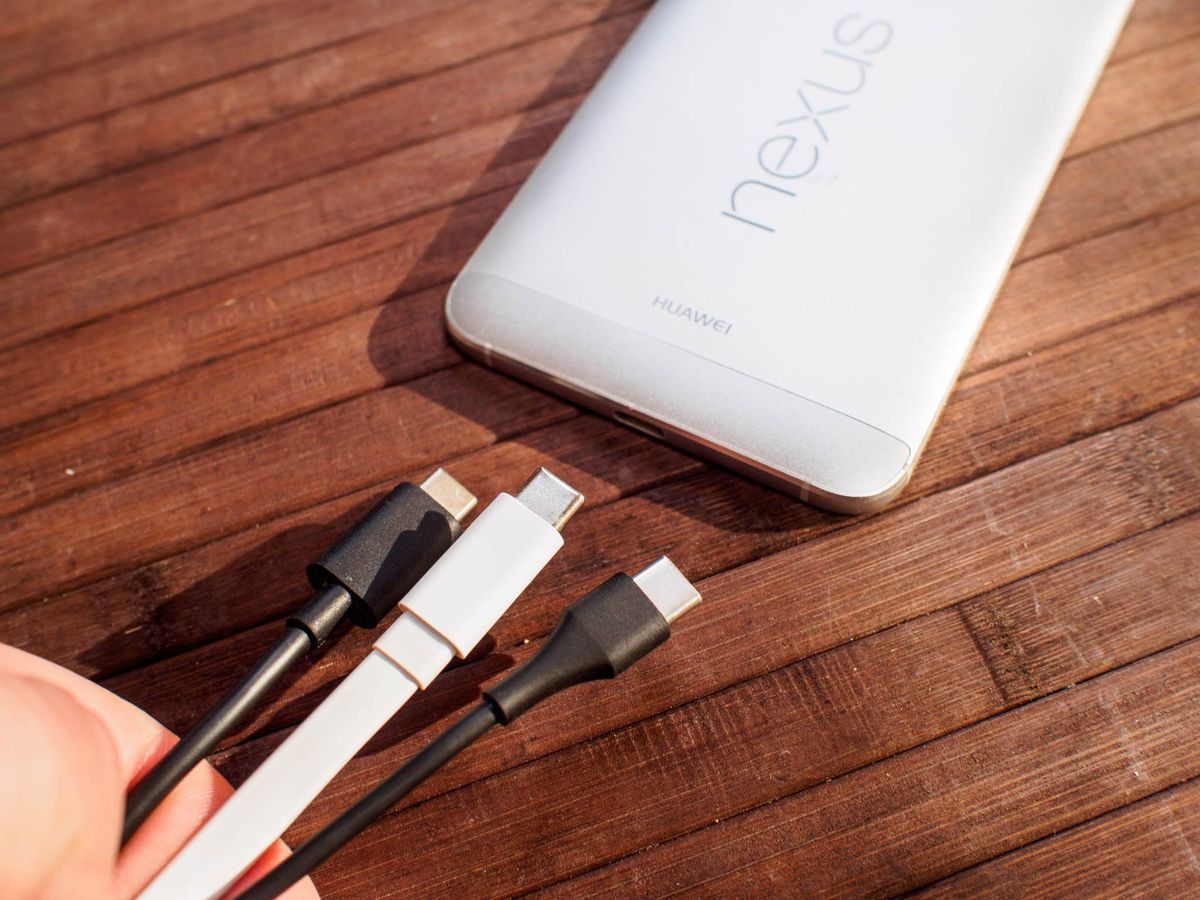
A generation of users who have only ever used micro-USB to charge their phones and accessories have made a terrible discovery: not all USB-C cables are created equally, and some of them can do serious damage to your hardware. While you can always rely on the cables that come in the box, and should use those cables any chance you get, you probably need more than one. UPDATE: Apple just issued a recall for their USB-C cables. It's not obvious by looking at these cables which is good or bad, and the companies selling these cables on Amazon aren't all that interested in confirming their products are safe for the massive array of things you can use with USB-C.
It's not a good situation to be in, and unfortunately it's not a situation that is going to go away anytime soon.
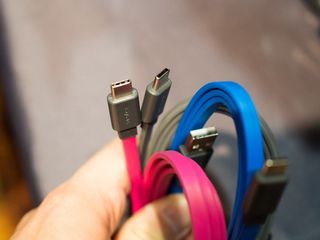
If it kinda sounds like buying a USB-C cable is a little like the Wild West right now, that's because it is.
First things first, lets talk about the specific kinds of USB-C cables that are causing problems. An unhealthy number of cables that go from USB-A to USB-C — the standard rectangle USB to the new oval USB for those unaware — are being incorrectly assembled. USB-C is significantly more capable than USB-A, especially when it comes to the amount of power you can transfer over the wire to charge things. Instead of selling cables that respect the limitations of USB-A, many of these cables are being outfitted with hardware to allow for higher power output than it safe for USB-A. In many cases, these cables are being equipped with circuitry for 3-amp rapid charging. Google's USB-C wizard Benson Leung gave a great explanation of why this is bad:
The cable lies to the phone by telling the phone it's attached to a pure 3A charging path, like the C-to-C cable to the OEM 3A charger that ships with the Nexus 6P/5X. The phone will attempt to draw 3A, but that may damage the weaker device you have the Type-A end of the cable plugged into.
A less common but potentially more dangerous problem found recently has been poorly made USB-C to USB-C cables. These are less common because there are fewer companies making these cables right now, and when you buy a phone with USB-C it comes with a cable for you to use, but as more users pick up USB-C hardware this issue is going to increase in frequency. Since USB-C power adapters are currently being sold that support high-power transfers, cables that don't respect the USB-C specifications by either using the wrong parts or by flat out lying about their capabilities on the sales page for the cable can lead to disastrous results.
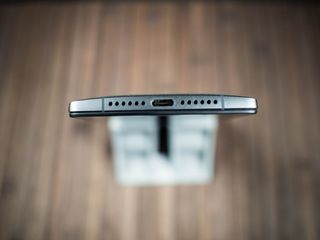
If it kinda sounds like buying a USB-C cable is a little like the Wild West right now, that's because it is. Retailers can say whatever they want on their Amazon page about the cable they are selling, because Amazon doesn't require any evidence of their claims, much less review what they've written. Also, like the recent mess with those wheeled things everyone keeps calling "hoverboards," it takes a lot less effort to slap a fake USB compliance approval sticker on something and face the consequences if you get get caught than it does actually going through approval. That, and if you head to USB.org and take a look at their documentation for USB-C compliance you'll find this:
Compliance testing for products conforming to the USB Type-C™ Cable and Connector Specification are currently under development.
Now, there is a way to register your product for testing on the website, complete with forms to fill out and instructions to send your product to a third-party for testing, as well as instructions for USB-IF Trademark agreements and packaging guidelines. There are also significant consequences for selling a product that doesn't pass cable and connector testing or violating the trademark agreements, but it's not hard to see how these faulty or out-of-spec cables make their way to Amazon and other online retailers without a lot of oversight.
USB-C takes those poorly-made cables and connects them to the electrical equivalent of a firehose on one end, and so these problems become much more than an inconvenience.
How did this situation get so out of hand? A better question is when did this problem start. USB-A and micro-USB never actually solved this problem for the devices you currently have. The difference with those cables and the devices they're attached is largely found in the limitations of those cables. We've all found that cable that misbehaves when trying to transfer data to your computer from your phone or charged poorly when connected to the "wrong" power adapter. USB-C takes those poorly-made cables and connects them to a firehose on one end, and so these problems become much more than an inconvenience.
Be an expert in 5 minutes
Get the latest news from Android Central, your trusted companion in the world of Android
The big question at the end of the day is how do I know what to buy, and the answer isn't great for folks who are used to buying a dozen of the cheapest cable they can find. People like Google's Benson Leung are actively sifting through the pile in order to find cables worth buying, but shopping for a quality USB-C cable right now basically means buying from brands that are big enough to be trusted by their reputation. There are ways to perform cable tests yourself to ensure safety if you're interested in exploring these cables yourself, but for the most part you're not able to shop by price tag — and you probably won't be able to for a long time.
